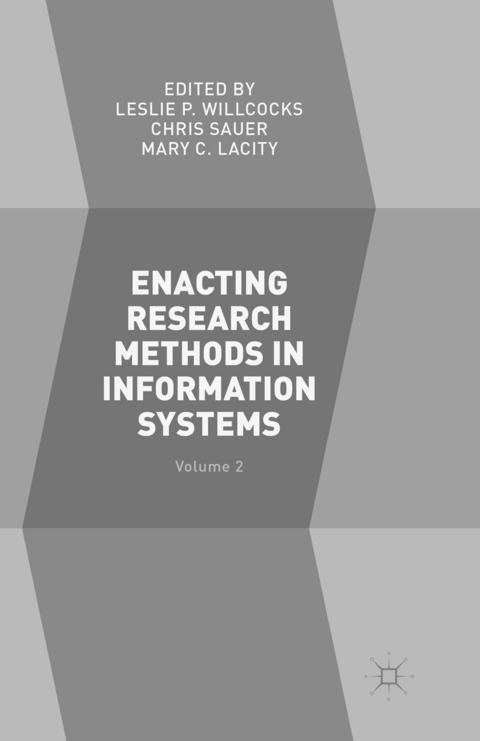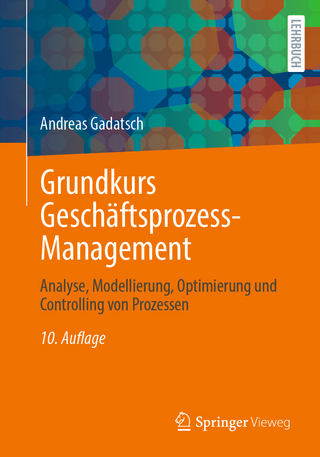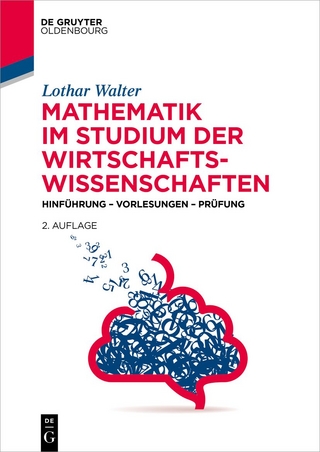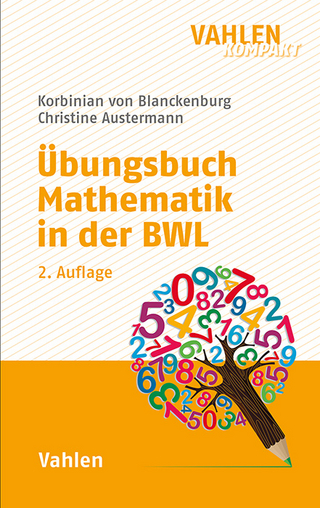
Enacting Research Methods in Information Systems: Volume 2
Springer International Publishing (Verlag)
978-3-319-80526-9 (ISBN)
This edited three volume edition brings together significant papers previously published in the Journal of information Technology (JIT) over its 30 year publication history. The three volumes of Enacting Research Methods in Information Systems celebrate the methodological pluralism used to advance our understanding of information technology's role in the world today. In addition to quantitative methods from the positivist tradition, JIT also values methodological articles from critical research perspectives, interpretive traditions, historical perspectives, grounded theory, and action research and design science approaches.
Volume 1 covers Critical Research, Grounded Theory, and Historical Approaches. Volume 2 deals with Interpretive Approaches and also explores Action Research. Volume 3 focuses on Design Science Approaches and discusses Alternative Approaches including Semiotics Research, Complexity Theory and Gender in IS Research.
The Journal of Information Technology (JIT) was started in 1986 by Professors Frank Land and Igor Aleksander with the aim of bringing technology and management together and bridging the 'great divide' between the two disciplines. The Journal was created with the vision of making the impact of complex interactions and developments in technology more accessible to a wider audience. Retaining this initial focus, the JIT has gone on to extend into new and innovative areas of research such as the launch of JITTC in 2010. A high impact journal, JIT shall continue to publish leading trends based on significant research in the field.Leslie P. Willcocks is Professor of Technology, Work, and Globalization at the Department of Management at London School of Economics, UK. Chris Sauer is a senior tutor at Green Templeton College, University of Oxford, UK and an associate fellow of the Said Business School, UK. Mary C. Lacity is Curators' Professor of Information Systems and an International Business Fellow at the University of Missouri-St. Louis, US.
Introduction -LeslieWillcocks, Chris Sauer and Mary Lacity.- PART IV. INTERPRETIVERESEARCH APPROACHES.- Chapter 11: Butler, T. (1998),"Towards a hermeneutical method for interpretative research in informationsystems," JIT, Vol. 13, pp.285-300.- Chapter 12: Linden, T., andCybulski, J. (2009), "Application of hermeneutics to studying an experiencemining process," JIT, Vol. 24, pp.231-250.- Chapter 13: Bygstad, B., andMunkvold, B.E., (2011), "Exploring the role of informants in interpretativecase study research in IS," JIT, Vol.26, pp. 32-45.- Chapter 14: Bunker, D., Kautz,K., and A. Anhtuan, (2008), "An explorationof information systems adoption: tools and skills as cultural artefacts - thecase of a management information system," JIT,Vol. 23, pp. 71-78.- Chapter 15: Hsu, Carol;Backhouse, James; Silva, Leiser, (2014), "Institutionalizing operational riskmanagement: an empirical study," JIT,Vol. 29 59-72.- PART V. ACTION RESEARCH APPROACHES.- Chapter 16: Baskerville, R.,and Wood-Harper, A.T. (1996), "A critical perspective on action research as amethod for information systems research," JIT,Vol. 11, pp. 235-246.- Chapter 17: Wastell, D.,McMaster, T., and Kawalek, P (2007), "The rise of the phoenix: methodologicalinnovation as a discourse of renewal," JIT, Vol. 22, pp. 59-68.- Chapter 18: Hughes, J., andWood-Harper, T. (1999), "Systems development as a research act", JIT, Vol. 14, pp. 83-94.
| Erscheinungsdatum | 05.03.2022 |
|---|---|
| Zusatzinfo | VII, 234 p. |
| Verlagsort | Cham |
| Sprache | englisch |
| Maße | 140 x 216 mm |
| Gewicht | 3115 g |
| Themenwelt | Mathematik / Informatik ► Informatik |
| Mathematik / Informatik ► Mathematik ► Finanz- / Wirtschaftsmathematik | |
| Wirtschaft ► Betriebswirtschaft / Management | |
| Schlagworte | Action Research • critical research • Grounded Theory • Information Technology • interpretive approaches • Quantitative |
| ISBN-10 | 3-319-80526-6 / 3319805266 |
| ISBN-13 | 978-3-319-80526-9 / 9783319805269 |
| Zustand | Neuware |
| Haben Sie eine Frage zum Produkt? |
aus dem Bereich


